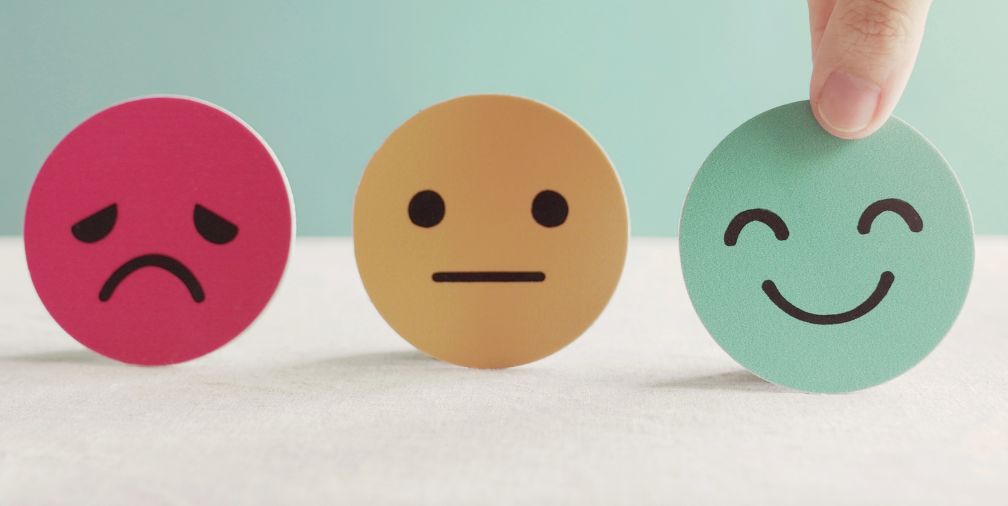6 Treatments That May Help If You Have Depression
- Category: LiveSmart
- Posted On:
- Written By: Baldwin
There's no reason to live with depression. Treatments are available to help you feel better.
Depression is one of the most common mental health conditions experienced by Americans. There are many causes of depression, but there are also a number of treatments that can help people feel better. Not everyone will find the same treatment effective so there may be some trial and error when trying to find the treatment that works best for you. Combining treatments is often an effective option.
The important thing to understand is that if you have depression there is help. The best place to start is to see a healthcare professional for a diagnosis and to discuss treatment options. Medications may help some people since depression is often caused by chemical imbalances. There are also other types of therapies that may be effective, including talk, cognitive and behavioral therapies, as well as alternative and natural remedies. Adopting healthy lifestyle habits may also ease symptoms.
Here are 6 ways to treat depression:
- Medication – Very often, medication is prescribed to people experiencing moderate or severe depression, with or without other forms of treatment. This may include drugs that increase the amount of chemicals in your brain that affect mood, such as serotonin and norepinephrine. Anxiety medications and mood stabilizers may also help. Medication may have side effects so take that into consideration when deciding whether medication is right for you.
- Talk therapy – As the name implies, this involves talking with a therapist about how you feel, as well as what you think and do. This may help you better understand the behavior and thought patterns that contribute to your depression. You may also learn how to identify triggers and develop coping mechanisms. This type of treatment may be used for a short or long period of time. It is a common treatment for mild depression and is often used along with medication for moderate to severe depression.
- Cognitive therapy – This type of treatment allows you to identify negative thought patterns that contribute to your depression and helps you develop ways to change those thought patterns to make them more positive. It is usually a short-term treatment that may be used in conjunction with other treatment methods.
- Behavioral therapy – Similar to cognitive therapy, you will work with a trained therapist to identify unhealthy behaviors that contribute to your depression. Together with your therapist, you'll also come up with strategies to change those behaviors to help you feel better. Since they are similar, behavioral and cognitive therapies may be combined. This is referred to as cognitive-behavioral therapy.
- Natural remedies – Some people try natural remedies for treating depression rather than relying on medication or talk therapies. Natural treatments can also be used in conjunction with more traditional therapies. Some natural remedies for depression include acupuncture, meditation, massage and relaxation techniques. Supplements, such as St. John's wort, may also be used. Be sure to consult with a doctor before using any supplements because they may interfere with other medications you take.
- Lifestyle changes – Many people find that making lifestyle changes helps their depression, although this is usually done along with other types of treatment. Eating healthy, exercising regularly, getting enough sleep, avoiding alcohol and drugs, and finding ways to reduce stress may all provide relief from depression symptoms.
For more LiveSmart articles, visit www.McKenzieHealth.org/LiveSmart.
Copyright 2023 © Baldwin Publishing, Inc. Health eCooks® is a registered trademark of Baldwin Publishing, Inc. Cook eKitchen™ is a designated trademark of Baldwin Publishing, Inc. Any duplication or distribution of the information contained herein without the express approval of Baldwin Publishing, Inc. is strictly prohibited.
Date Last Reviewed: August 18, 2023
Editorial Review: Andrea Cohen, Editorial Director, Baldwin Publishing, Inc. Contact Editor
Medical Review: Perry Pitkow, MD
Learn more about Baldwin Publishing Inc. editorial policy, privacy policy, ADA compliance and sponsorship policy.
No information provided by Baldwin Publishing, Inc. in any article is a substitute for medical advice or treatment for any medical condition. Baldwin Publishing, Inc. strongly suggests that you use this information in consultation with your doctor or other health professional. Use or viewing of any Baldwin Publishing, Inc. article signifies your understanding and agreement to the disclaimer and acceptance of these terms of use.

